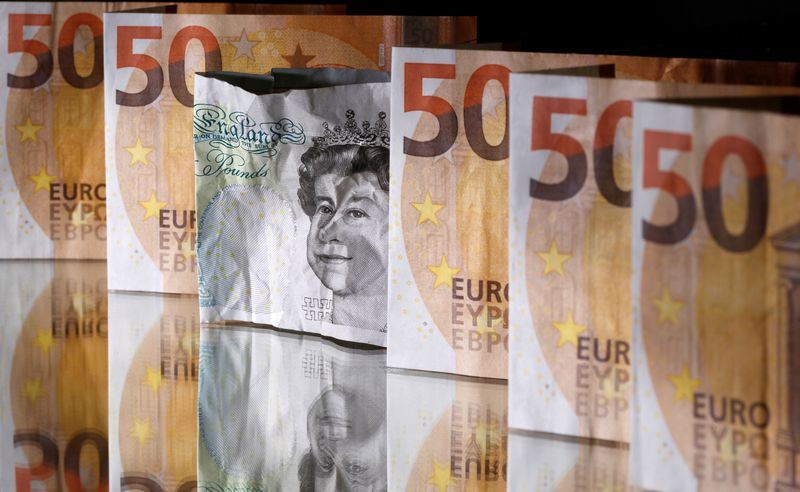
By Administrator_India
The euro fell toward a three-year low versus the dollar ahead of a highly watched German survey on Tuesday, which is expected to show a sharp slump in investor confidence and fuel growing pessimism about the outlook for Europe’s largest economy.
Financial markets clung to tight ranges following a U.S. public holiday on Monday, shifting the investor focus to European news and developments in the coronavirus crisis.
Among Asian currencies, the Australian dollar slipped below the 67 U.S. cent level after minutes from the central bank’s last meeting revived the prospect of policy easing while the Chinese yuan was weighed by worries about the economic impact of the coronavirus.
Sentiment for the euro has worsened dramatically this month after weak manufacturing and gross domestic product data from Germany, Europe’s largest economy, suggested that the euro zone is more vulnerable to external shocks that previously thought.
“The euro is close to testing an important support level at $1.08 due to the diverging economic outlook between the euro zone and the United States,” said Junichi Ishikawa, senior foreign exchange strategist at IG Securities in Tokyo.
The euro fell 0.12% to $1.0827 in Asia, close to its lowest since April 2017.
The euro’s next hurdle is the release of Germany’s ZEW survey later on Tuesday, which is forecast to show economic sentiment slipped from the highest since July 2015.
Sterling also nursed losses against the dollar and the euro due to worries about economic ties between Britain and the European Union as both sides laid out conflicting views on how to proceed with trade negotiations.
The Australian dollar fell 0.39% to $0.6690 after minutes from the Reserve Bank of Australia’s first meeting of the year showed policymakers discussed easing policy.
The RBA kept rates unchanged at an all-time low of 0.75% at that meeting, but the minutes showed central bankers are prepared to ease policy further if needed.
The New Zealand dollar also fell 0.4% to $0.6411.


